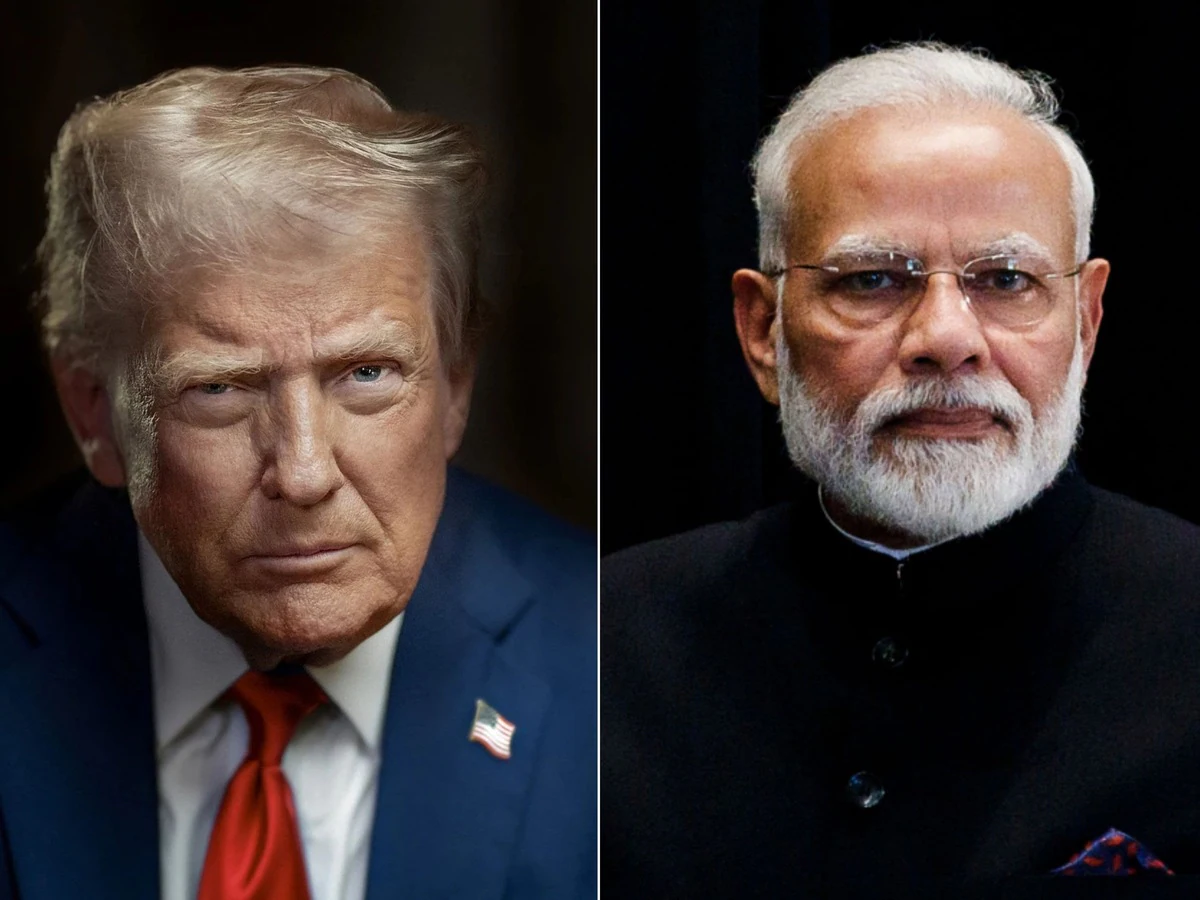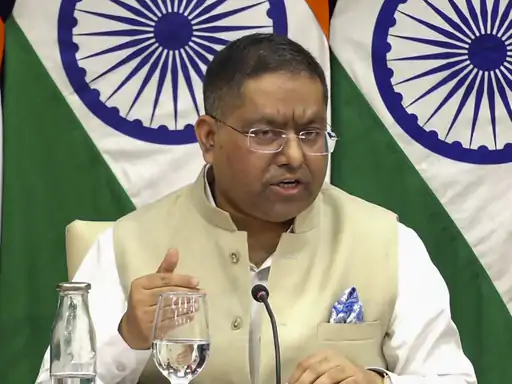Recent reports confirm that former U.S. President Donald Trump was informed in advance about Israel’s military strikes targeting Iran’s nuclear and missile infrastructure. Trump himself stated that there were “no surprises” in the operation, signaling that while the U.S. had prior knowledge, it did not directly intervene.
Trump’s Confirmation
In public comments, Trump confirmed that he was aware of the planned Israeli strikes and described them as “excellent” and “very successful.” He emphasized that while the United States did not engage militarily, it supported Israel’s right to self-defense.
Context: Israel’s Operation Rising Lion
On June 13, 2025, Israel launched a large-scale operation named “Rising Lion,” deploying over 200 aircraft and targeting close to 100 locations across Iran. These included nuclear facilities, missile storage sites, and command centers. The operation reportedly caused significant damage and resulted in the deaths of over 70 individuals, including key military and scientific figures in Iran.
Initial U.S. Position and Shift
Initially, the U.S. administration maintained a cautious distance, reiterating its position of non-involvement. However, Trump later framed the operation as a strategic move that aligns with American interests and curbs nuclear proliferation—despite criticism from some corners that it contradicts his “America First” stance.
Strategic Alignment Without Military Action
Though the U.S. did not participate militarily, the diplomatic and intelligence support it offered points to deep coordination with Israel. Secretary of State Marco Rubio clarified that the United States had no active combat role but stood ready to defend Israel if Iran escalated the conflict further.
Call for Diplomacy Amid Escalation
Trump and other senior figures have urged Iran to return to nuclear negotiations, warning of stronger consequences if Iran continues its weapons development. The dual tone—offering diplomacy while maintaining a firm stance—reflects a calculated approach to avoid full-blown conflict while keeping pressure on Tehran.
Regional Fallout and Escalating Risks
In retaliation, Iran launched missile and drone attacks targeting Israeli cities, including Jerusalem and Tel Aviv, resulting in civilian casualties. The rising tensions have stalled diplomatic efforts and raised global concerns over a broader regional war.
Impact on Trump’s Image and U.S. Foreign Policy
This episode presents a complex picture for Trump.
- Critics argue his tacit approval of foreign strikes challenges his non-interventionist reputation.
- Supporters, however, claim it reflects his firm stance on national and allied security, especially in curbing Iran’s nuclear ambitions.
Conclusion
Trump’s advance awareness of Israel’s operations and the United States’ diplomatic alignment highlight a nuanced foreign policy—balancing between non-engagement and strategic support. As tensions in the Middle East continue to simmer, the world watches to see whether diplomacy can prevail or if another chapter of conflict unfolds.


